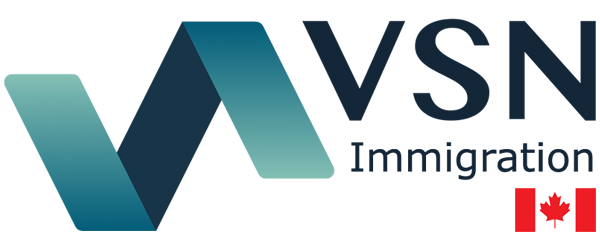British Columbia invited up to 174 candidates under the BCPNP
On August 3, 2022, the Government of British Columbia issued new invitations under the British Columbia Provincial Nominee Program (BCPNP) and invited qualified Skills Immigration candidates and Tech workers. In the Tech-targeted draw, BC issued 133 invitations, with a minimum score of 90 points. In the Childcare-targeted draw for early childhood educators (NOC 4214), the province invited 22 candidates. In the Healthcare-targeted draw, BC invited 9 candidates. Additionally, less than 5 invitations have been issued for healthcare assistants (NOC 3413) and other priority occupations (NOCs 3114, 3213). In total, the province invited up to 174 candidates. In 2022, British Columbia has already issued 5,274 invitations and 2,086 of them were issued for BCPNP Tech candidates.
#British_Columbia, #BCPNP, #EEBC, #Skills_Immigration, #PNP, #ECE, #Tech
Saskatchewan wants more control over the province’s immigration system
According to Saskatchewan’s Immigration Minister Jeremy Harrison, the province wants to gain more control over its immigration system. The province of Saskatchewan is attempting to negotiate a new bilateral immigration agreement with the federal government similar to that utilized by Quebec. Saskatchewan has proposed the Canada-Saskatchewan Immigration Accord, which would give the province unilateral control over economic class immigration, family class immigration, federal settlement funding, and a set PNP amount that corresponds to Saskatchewan’s demographic weight in Canada. Saskatchewan’s current PNP quota is 6,000 principal applicants for 2022. However, the province wants 13,000 spots.
#Saskatchewan, #Harrison, #SINP, #provincial_nomination
IRCC to approve a new language test for immigration purposes
According to an internal memo of the Immigration, Refugees and Citizenship Canada (IRCC), the Department intends to add one more designated English test for economic class immigrants. Currently, there are just four language tests for prospective immigrants allowed for immigration purposes: IELTS and CELPIP for English, followed by TEF and TCF for French. Within the following 12 months, IRCC will look for potential initiatives and improvements to make the process of designation of the new language tests more transparent and streamlined. Additionally, IRCC plans to align the Canadian Language Benchmarks (CLB) with the Common European Framework of Reference (CEFR). The designation of the new tests will also require IRCC to update Ministerial Instructions, Program Delivery updates, Express Entry system, Global Case Management System (GCMS) and other Departmental tools. At this point, the IRCC did not release the name of the new test.
#IRCC, #Language_exam, #IELTS, #CELPIP, #TEF, #TCF #CLB, #CEFR, #English, #Express_Entry
Immigrants to Canada are more likely to start a business than Canadians
According to Statistics Canada’s Immigrant Entrepreneurs in Canada: Highlights from Recent Studies report, immigrant men over the age of 50 who have a degree in science, technology, engineering, or mathematics (STEM) are among the most likely to start new businesses in Canada. According to Garnett Picot and Yuri Ostrovsky, immigrants are 41.7 per cent more likely than non-naturalized Canadians to start a business or be self-employed. The study also claims that refugees have shown superior loyalty to their employers, having far superior retention rates than non-refugee workers.
#Statistics_Canada, #immigrants, #Refugees, #STEM, #Business_immigration, #Self_employed
